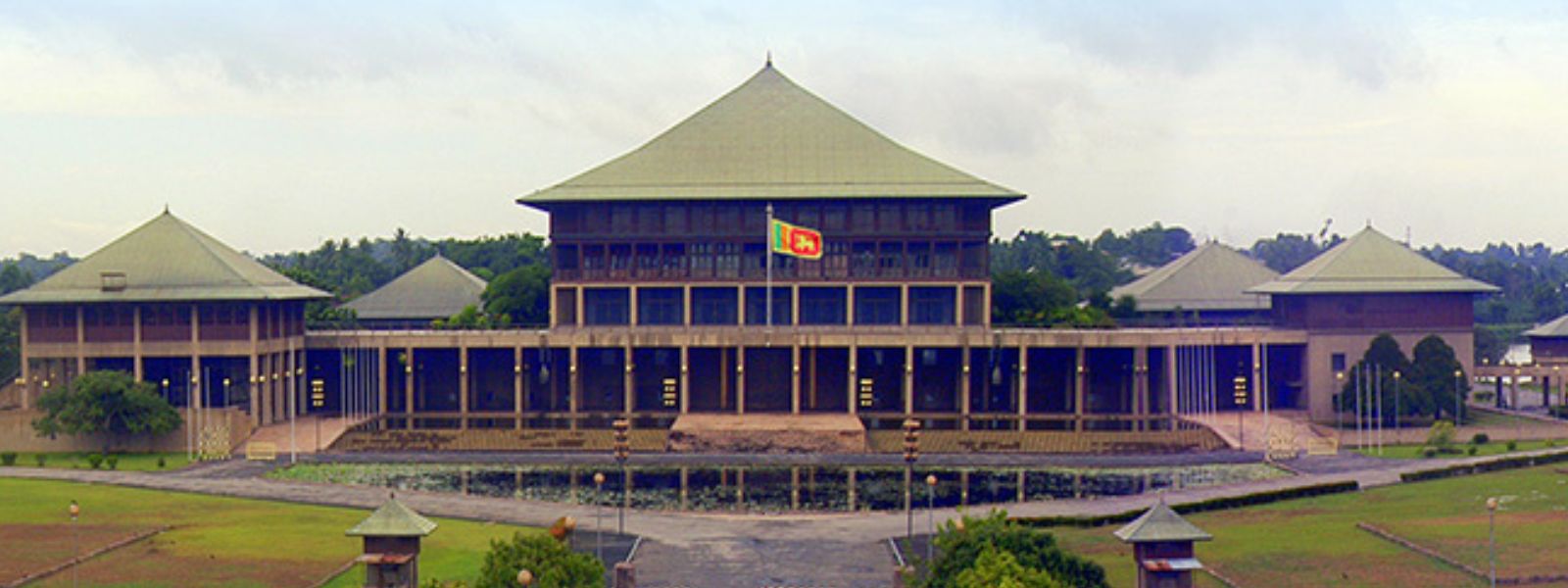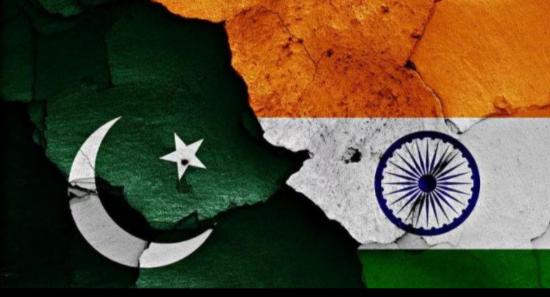.webp)

Amended Anti-Terror Bill to parliament this week
COLOMBO (News 1st); The Anti-Terrorism Bill, which was originally gazetted in March 2023, was once again gazetted by the Sri Lankan government with new amendments.
The new amendments have drawn strong criticism from multiple quarters.
The amended Anti-Terrorism Bill was published via gazette on the 15th of September by order of the Minister of Justice, Prison Affairs and Constitutional Reforms.
On the 22nd of March, when the Anti-Terrorism Bill was first gazetted, it attracted widespread condemnation.
What were the segments in the Anti-Terrorism Bill that were criticized?
- A wide range of offenses were defined under terrorism and terrorist
- Expansion of unusual or special powers of arrest and detention.
- Providing a more broad investigation powers for the police.
- Transfer of the power of admission of guilt to the Attorney General.
- Providing more broad powers to the President to proscribe organizations, issue restriction orders, declare curfews, declare places as prohibited places, and introduce rehabilitation programs.
The previous draft included clauses directly related to the suppression of the media under the pretext of combating terrorism.
Have these been addressed in the newly amended bill?
In the previous bill, obstructing an essential services or related service was defined as an act of terrorism, however, in the bill published on the 15th of September, that section was removed.
In the new draft, the section on essential services has been included and it has been specified as an offense to causing serious damage to any place of public use, a State or Governmental facility, any public or private transportation system or any infrastructure facility or environment.
Incidentally, the new bill defines what is called 'Place of Public Use'.
Accordingly, a “place of public use” includes any highway and any other premises or place to which at the material time the public have or are permitted to have access, whether as of right or otherwise.
According to the new Anti-Terrorism Bill, causing serious damage to any place of public use has been defined as an offense related to terrorism.
As in the previous Anti-Terrorism Bill, provisions shall apply to print media; internet; electronic media; or other form of public notice which glorifies the commission of the offense of terrorism or preparation for the offense of
terrorism, as an act of terrorism.
Ruling party MP Milan Jayathilake said the Anti-Terrorism Bill will likely be presented to the parliament this week.
Other Articles
Featured News





.png )

-790821_550x300.jpg)
-790815_550x300.jpg)
-790809_550x300.jpg)




-789996_550x300.jpg)
-789879_550x300.jpg)
-789357_550x300.jpg)
-788581_550x300.jpg)











.webp)






